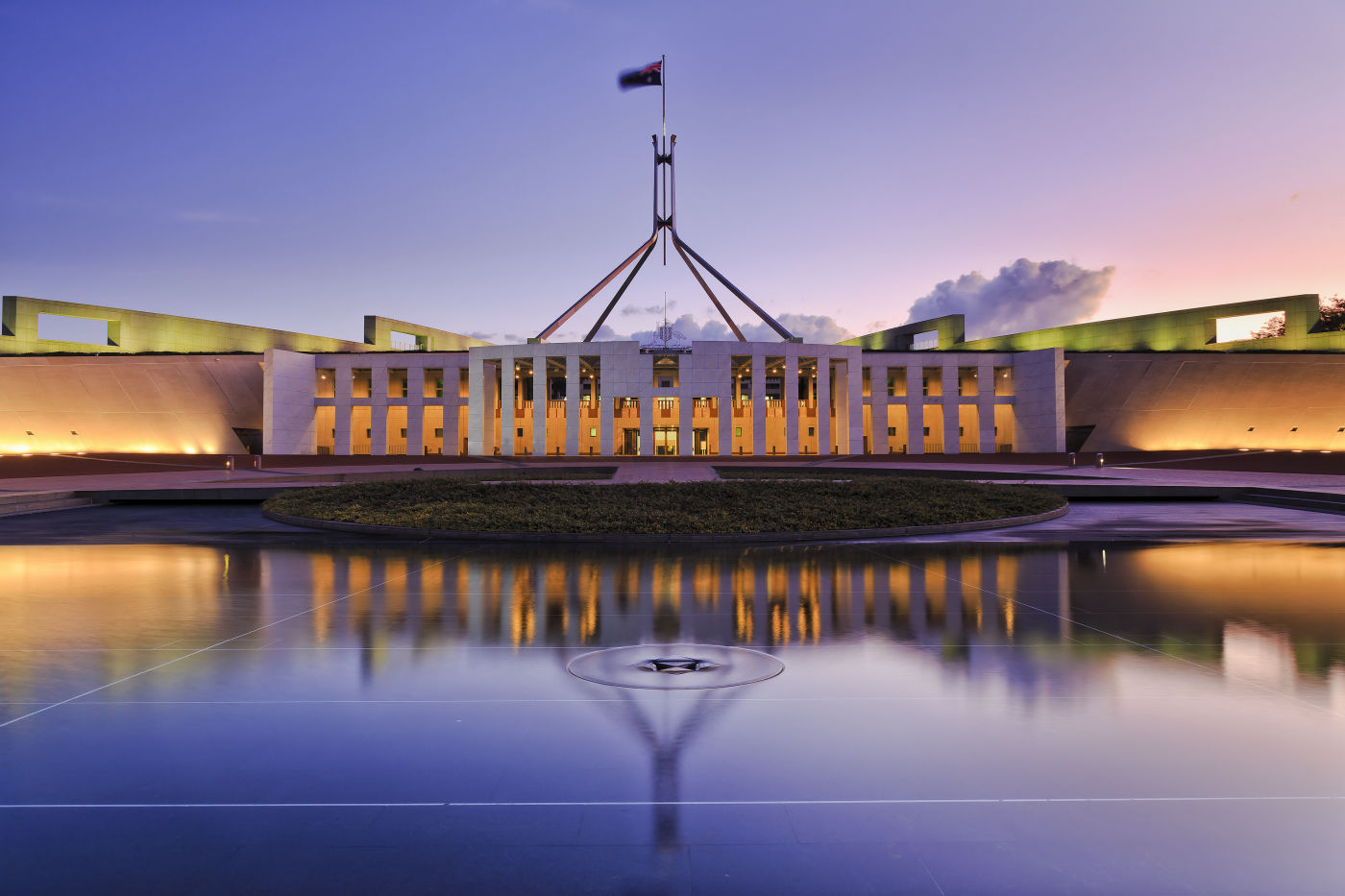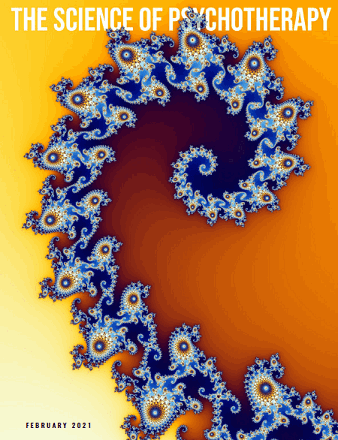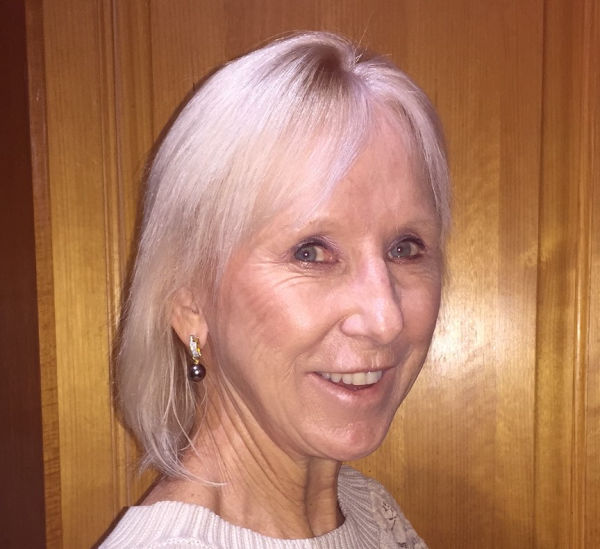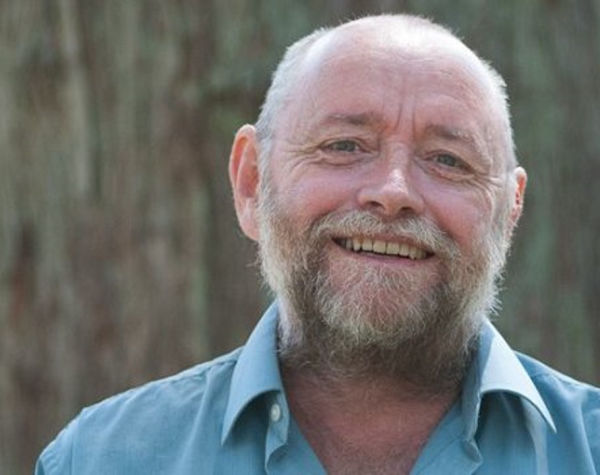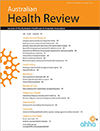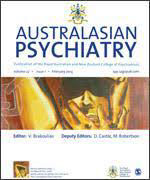Lakeman, R., Cashin, A., Hurley, J., & Ryan, T. (2020). The psychotherapeutic practice and potential of mental health nurses: an Australian survey. Australian Health Review, 44(6), 916-923, doi.org/10.1071/AH19208
Objective: Mental Health Nurses (MHNs) have an under recognised long history of engaging in psychotherapeutic practice across the spectrum of mental illness and mental health problems, including those with serious mental health problems. There is a need for a psychotherapeutic response for people with complex or serious mental health problems within the stepped care model. This project sought to identify the educational preparation and self-reported competency of MHNs to clinically undertake psychotherapy with people.
Methods: Situated within a larger mixed method study exploring how MHNs practice psychotherapy, adapt it to routine care and envisage the future, this paper reports the findings from survey of MHNs regarding their educational preparation, experience and competence in modalities of psychotherapy and the application of psychotherapy with specific clinical groups.
Results: 153 MHNs responded to a request to participate. In this cohort, eighty-seven per cent of nurses had postgraduate qualifications specific to psychotherapy. Ninety-five per cent had worked for over 10 years in the mental health field and had hundreds of hours of training in psychotherapy. There was a high level of self- reported competence in working with people with serious mental health problems and ‘at risk’ or vulnerable groups.
Conclusions: Currently, MHNs are not recognised in federal funding arrangements to procure psychotherapeutic intervention for members of the Australian population who require it. MHNs ought to be recognised as independent providers based on both the psychotherapeutic skills that they possess and their specialist clinical skills of working with people across the spectrum of mental health problems. Appropriately qualified MHNs need to be funded to employ their skills in psychotherapy via access to appropriate funding arrangements such as Better Access and the National Disability Insurance Scheme.
